Change sector:
Trade
Commercial
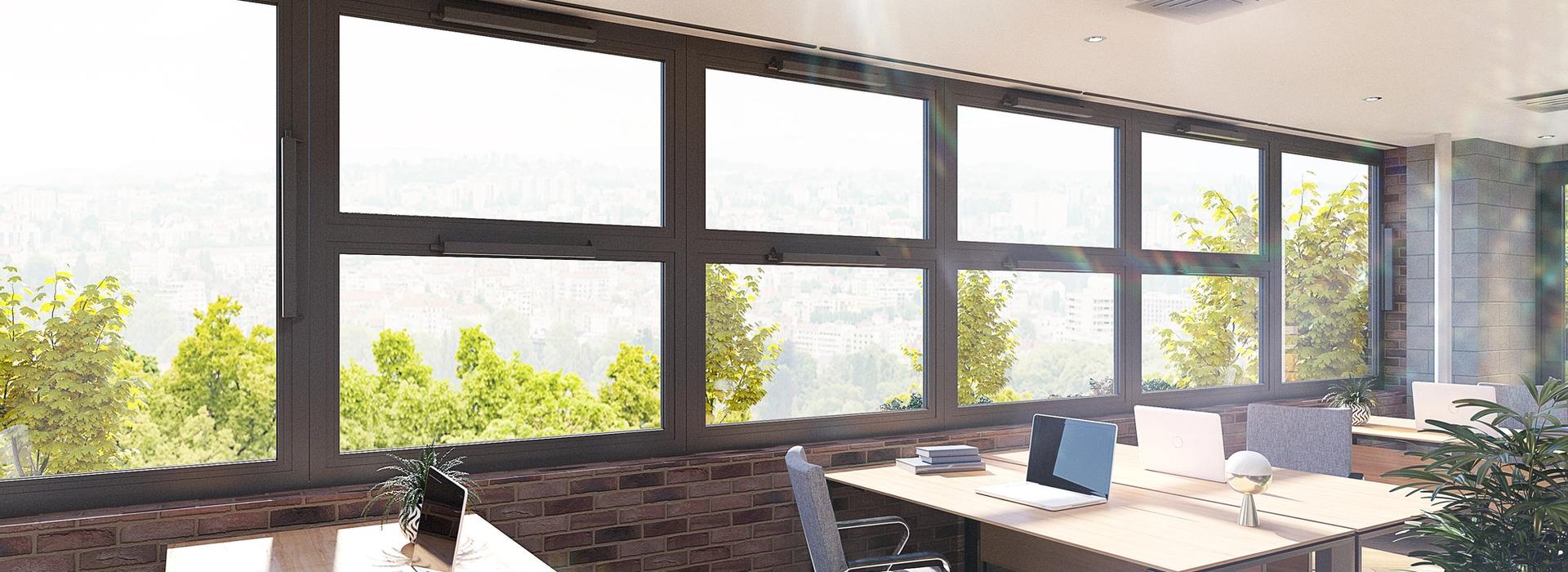
A Complete Guide To Aluminium Windows
Introduction
In the last decade, aluminium windows have become increasingly popular with British homeowners. They come with various security, energy and style benefits and are the ideal alternative to timber and uPVC windows. This comprehensive guide will explain why aluminium windows are a worthwhile investment.
Aluminium vs uPVC & Timber
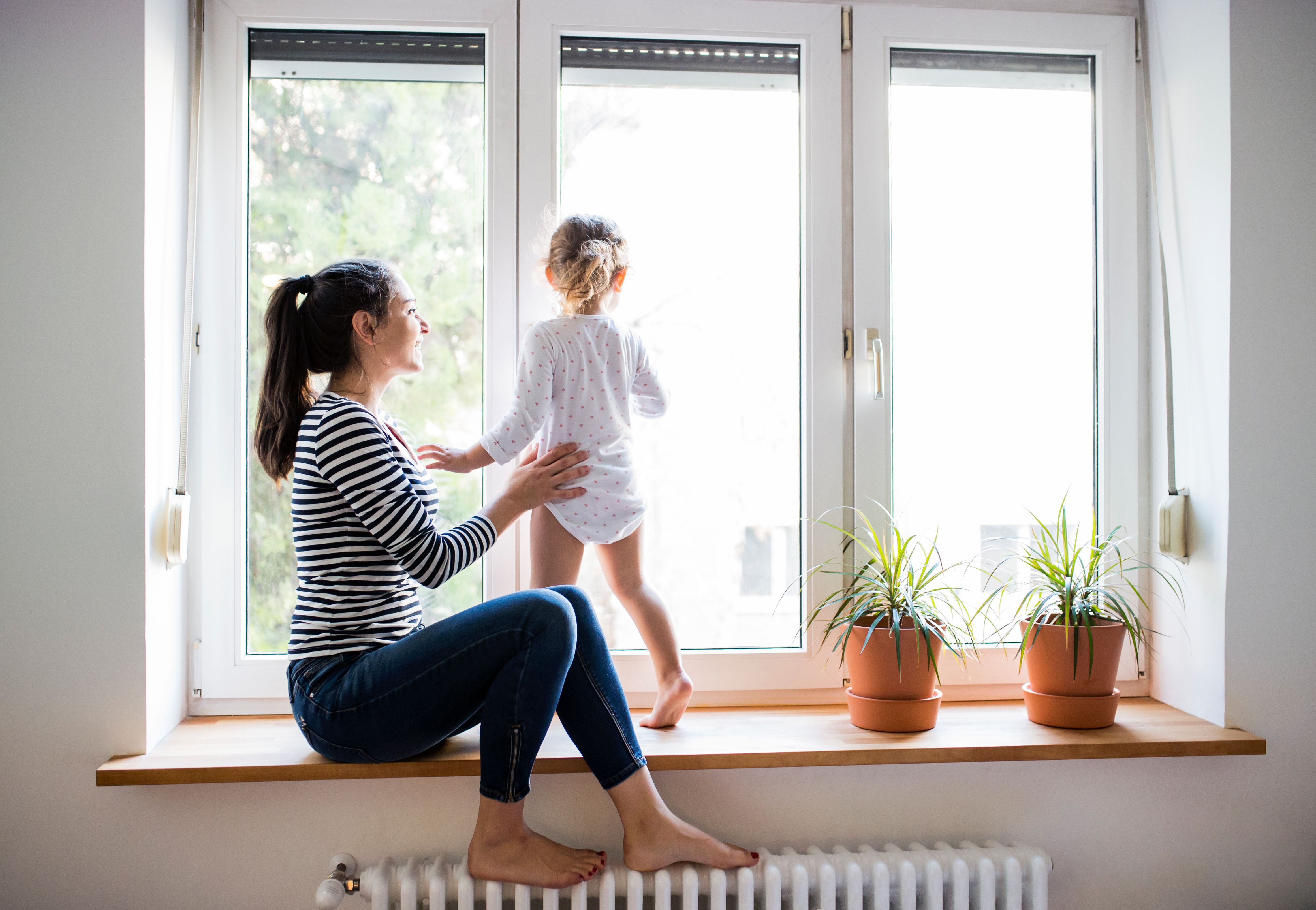
Most windows are made with one of three materials; aluminium, uPVC or timber. Each of them has advantages and disadvantages, however we’re confident that aluminium is the best.
Aluminium is an incredibly strong type of metal, but it’s comparatively light. Aluminium windows put less strain on the house's structure and offer superior security against intruders. They don’t rust and are less prone to weather-related damage. They're easy to clean too.
Plus, they’re aesthetically pleasing. The smooth metal finish makes a house look stylish and modern. When paired with double or triple glazing, aluminium windows give exceptional thermal efficiency and will save money on your heating and cooling bills in the long term.
Aluminium is also an environmentally friendly option. It’s one of the most abundant metals on the planet and widely recycled. Your aluminium windows have a potential lifespan of up to 45 years, but when they eventually need to be replaced, the metal can be re-used. It’s possible that the metal in your windows was once part of an aeroplane, an air conditioning unit, or drinks can.
In contrast, wooden windows can be cheaper than aluminium, but they have more shortcomings. When combined with double glazing, timber offers decent thermal efficiency, but it requires more maintenance than uPVC or aluminium and isn’t always as secure. It’s also more likely to suffer from condensation, mould and water damage issues.
Timber has been used in window construction for hundreds of years. It’s relatively old-fashioned but still widespread. Arguably, the biggest selling point for timber windows are the aesthetics; there’s a certain charm about the look and feel of wood. This can be replicated using other types of material though, so it is possible to get aluminium windows that are visually similar to wood.
Unplasticised polyvinyl chloride windows, or uPVC for short, require less attention than wooden ones. They’re renowned for their energy-saving properties but have shorter lifespans and are prone to discolouration. The prices tend to be lower than aluminium, so they are a good choice for those working on a tighter budget. Aluminium is our preferred material, but uPVC is a decent second place.
You can read more in UPVC Or Aluminium Windows: Which Is Best?
Slimline Aluminium Windows
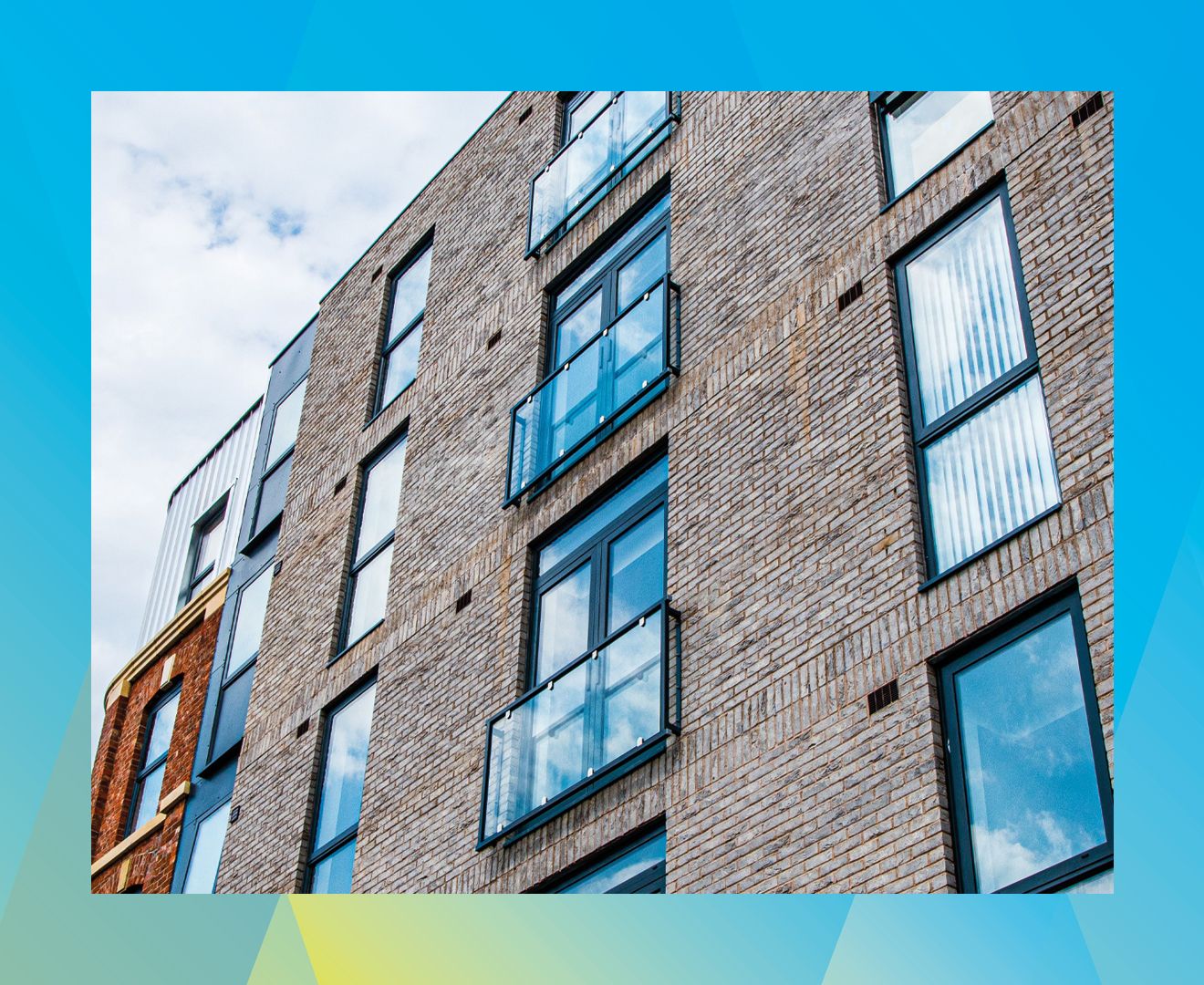
Thanks to their strength and lightweight nature, aluminium windows don't need thick frames. They can have a larger glazing area, which means more light coming into the home. Slimline aluminium window frames are also very stylish and contemporary and will lend a modern touch to any property.
They’re versatile too. Side-hung windows are the classic choice, while top-hung windows can offer greater weather resistance and enhanced security. French casement windows provide greater views of the outside world, while dummy sash windows pair well with traditional-looking properties.
Aluminium windows look terrific in both modern and older homes. They can be fitted with Georgian bars and tinted, textured or satin finish glass. Consequently, they can be modified to suit older-style homes and make an ideal upgrade for any traditional buildings. You can replace aged, draughty timber windows with aluminium ones that have been adapted to match the existing aesthetics. The property's overall look won’t change, but it’ll benefit from more up-to-date windows.
You can read more in The Benefits Of Slimline Aluminium Windows and What Is A Slimline Aluminium Window?
Repair vs Replace
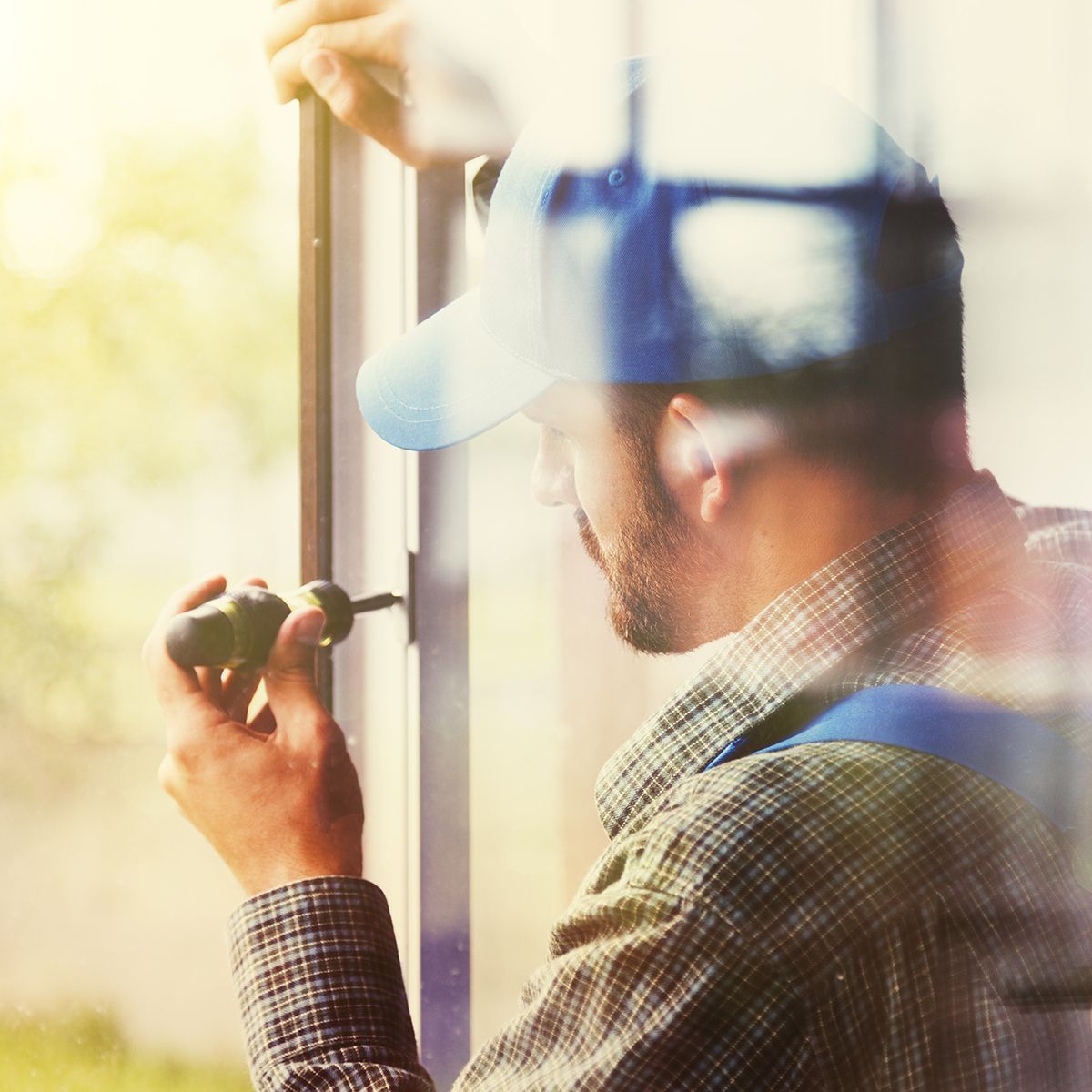
When your windows start to show signs of wear and tear, you’ll find yourself wondering which is best; repairing or replacing them. There are advantages to each.
For example, if your existing windows are timber or uPVC, replacing them with aluminium can make a dramatic difference. You’ll get durable new windows that help your home retain heat efficiently and keep mother nature at bay. The upfront costs of installing new windows are higher than repairing existing ones, but you’ll see a return on that investment in the long run. Your energy bills will drop, and the value of your home will increase.
On the other hand, repairing your windows might be the better option if your budget is limited or the damage is comparatively minor. Repairing them can be more convenient too; it can be done quicker and won’t require any substantial changes to the structure of your home. Our experts here at Alufold can help you make the right choice depending on your circumstances. However, if your windows are uPVC or timber, we would always recommend replacing them with aluminium. We firmly believe they are the superior choice.
You can read more at: Replacing Wooden Windows With Aluminium
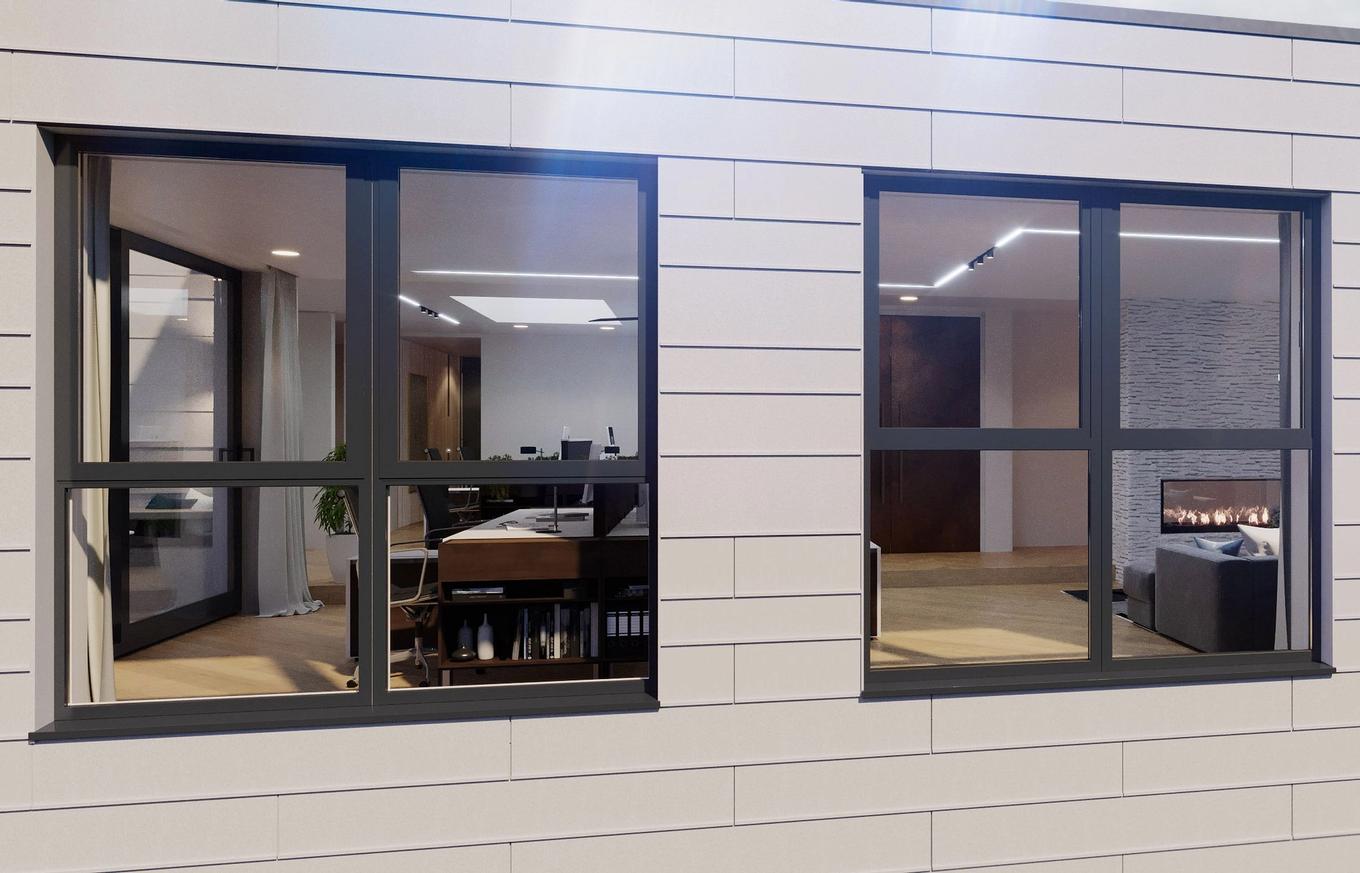
Popular Aluminium Windows Colours & Trends
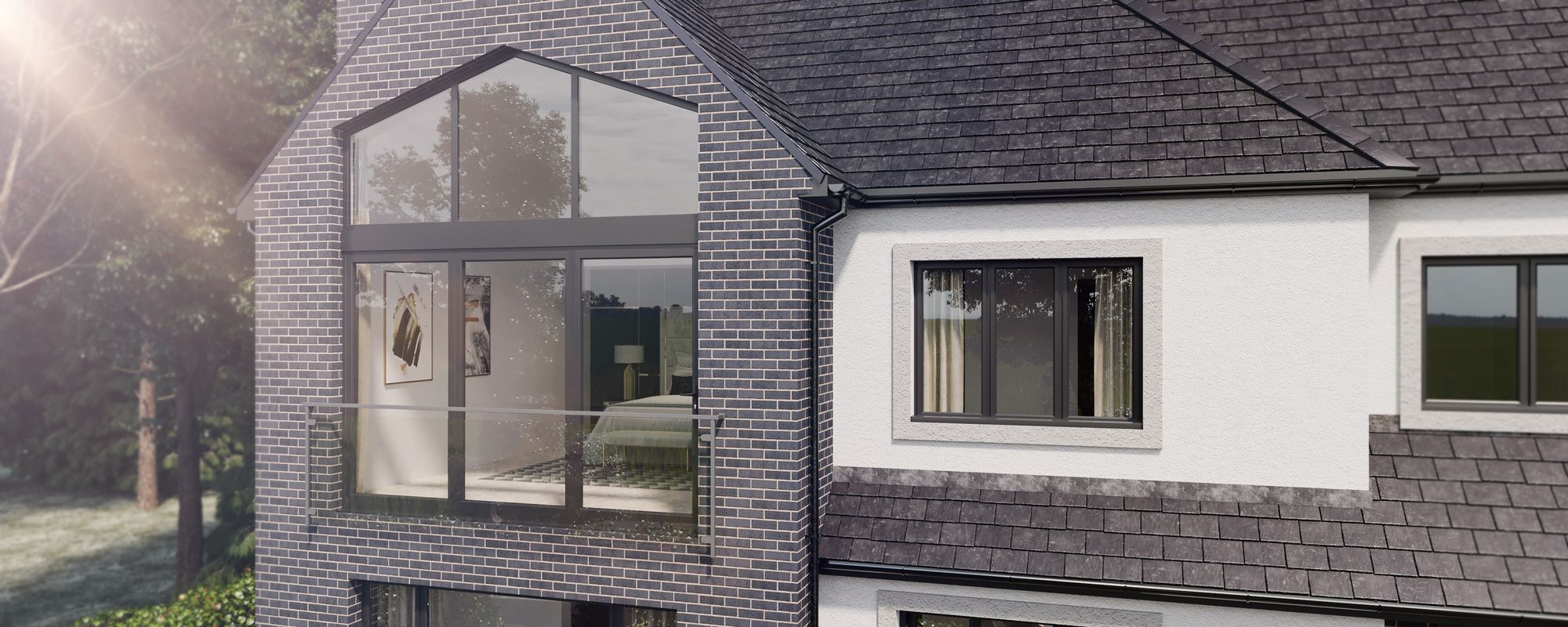
At present, the most popular colour for aluminium windows is anthracite grey, but it’s not the only option. RAL paints can be used on almost any material, so your choices won’t be limited. You'll find a suitable shade to recreate the authentic timber vibe or give your home a vibrant burst of colour. All of our windows are powder-coated for extra durability. You can't repaint them but they are some of the most scratch and fade-resistant windows on the market.
Alongside anthracite, other shades of grey and cream tend to be the most popular. Chartwell green has been a fashionable choice recently, and there’s a growing demand for dual-colour windows. This is where the window’s exterior is a different colour to the interior, allowing you to maximise kerb appeal but have a more personalised style indoors. You can read more about how to choose the right colour for you in this article.
Design-wise, slimline profiles are very much in vogue. Homeowners want their homes to feel brighter and warmer, so the more sunlight, the better. The tall windows with minimalist frames used in commercial buildings are also becoming more prevalent in private properties, thanks to the extra light they provide.
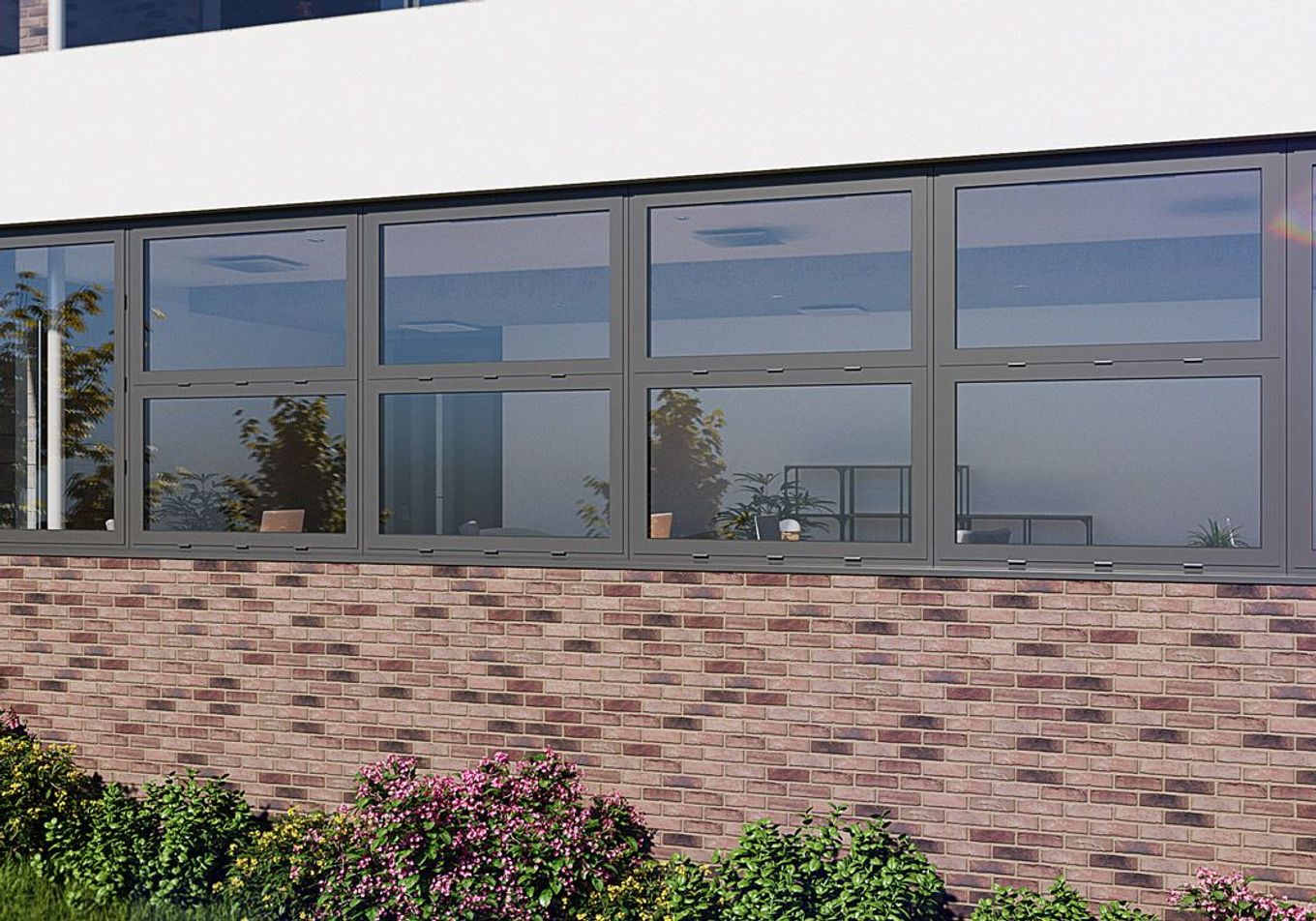
Aluminium Window Costs & Price Guide
The cost of aluminium windows depends on a variety of factors. The chosen design, property location, window size, and installation fees will all affect the final price. According to Checkatrade, you can expect the average price to be in the region of £475.
For a more personalised estimate, we recommend an online quote, or you can contact us for additional information. We can be reached on 01706 260700, or by emailing us at info@alufolddirect.co.uk.
You can also read more about the costs of aluminium at: Aluminium Windows: Costs Vs Savings and How Much More Expensive Are Aluminium Windows?
Delivery Information
Our state-of-the-art facilities not only allow us to help you in every stage of the process from design to installation, but also gives us the opportunity to hold large amounts of stock. This guarantees fast delivery of our aluminium windows, so that you can impress your customers and get the job done quickly.
Here at AluFold Direct, our turnarounds are some of the fastest in the industry, meaning your windows can be delivered to suit your project’s schedule, helping you stick to deadlines, saving time and money for everyone involved. Check the latest lead times here.
We deliver nationwide, all across the UK from Inverness to the Channel Islands, direct to site in an unmarked van for an uninterrupted installation process. Alternatively, if you’re near to our Blackburn base, you can collect your aluminium windows or doors direct from our factory.
Aluminium Windows Guarantee
For complete peace of mind, all AluFold Direct windows and doors are covered with a limited 10-year guarantee.
Please visit our guarantee page to learn more.
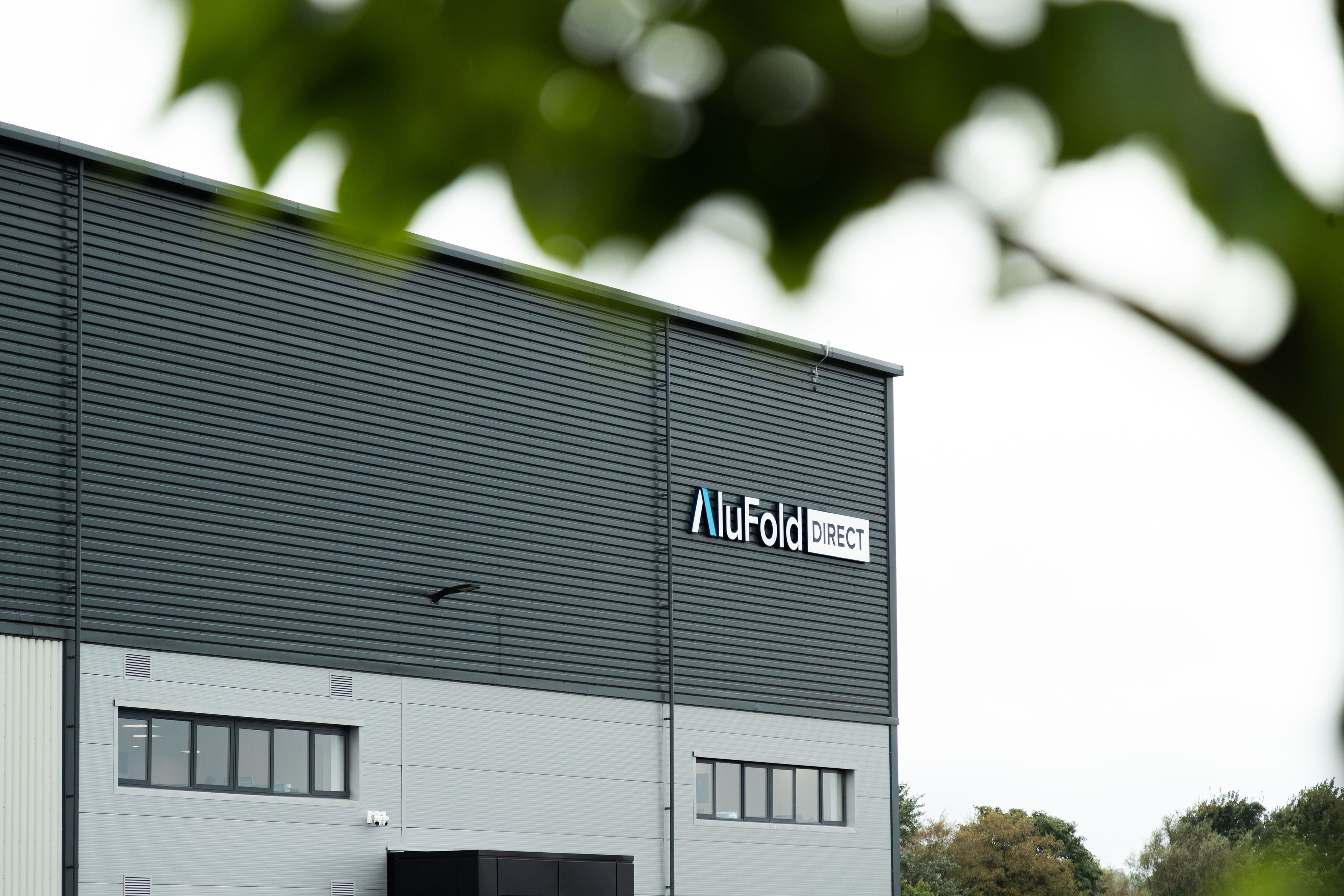
Further Reading:
UPVC Or Aluminium Windows: Which Is Best?
How Long Do Aluminium Windows Last?
The Benefits Of Slimline Aluminium Windows
What Is A Slimline Aluminium Window?
Choosing A Colour For Your Aluminium Windows
Can You Paint Aluminium Windows
Replacing Wooden Windows With Aluminium
Aluminium Windows: Costs Vs Savings
How Much More Expensive Are Aluminium Windows?

